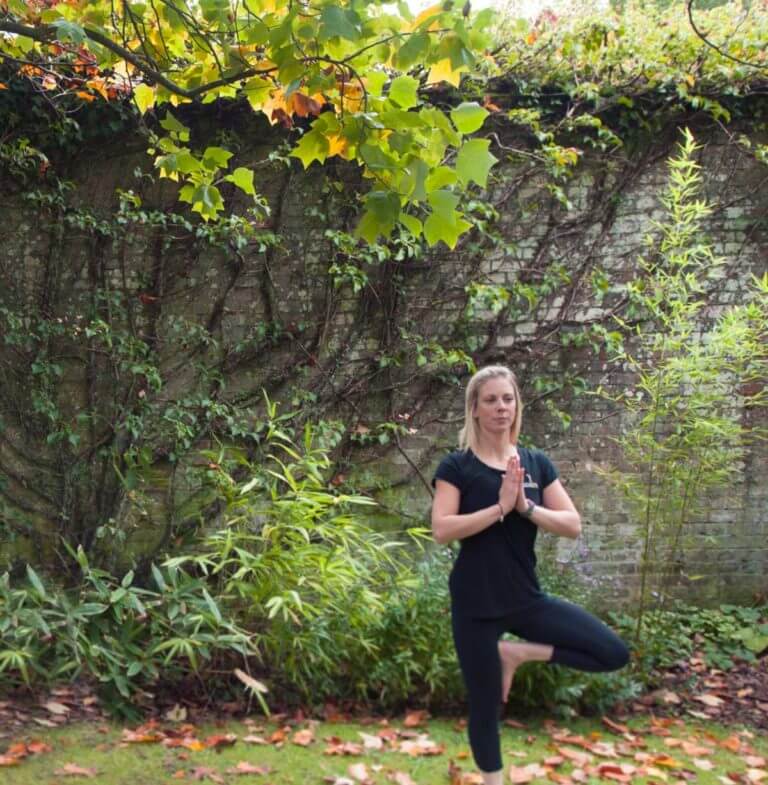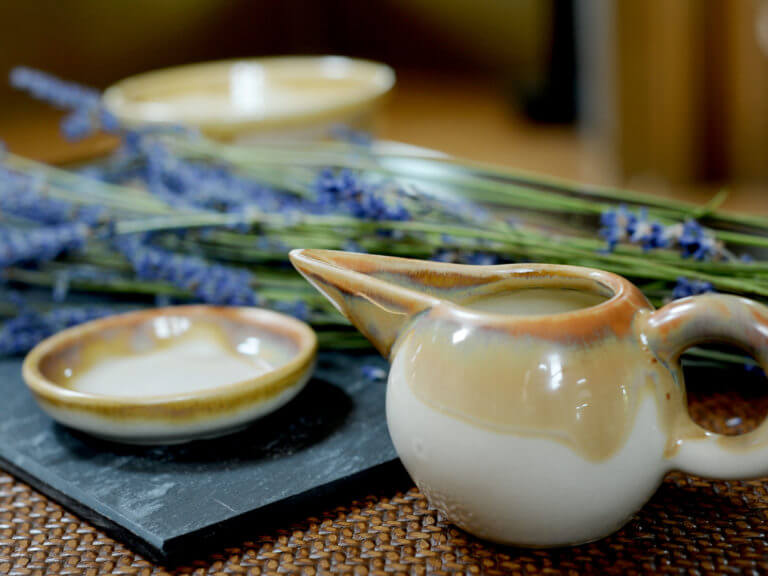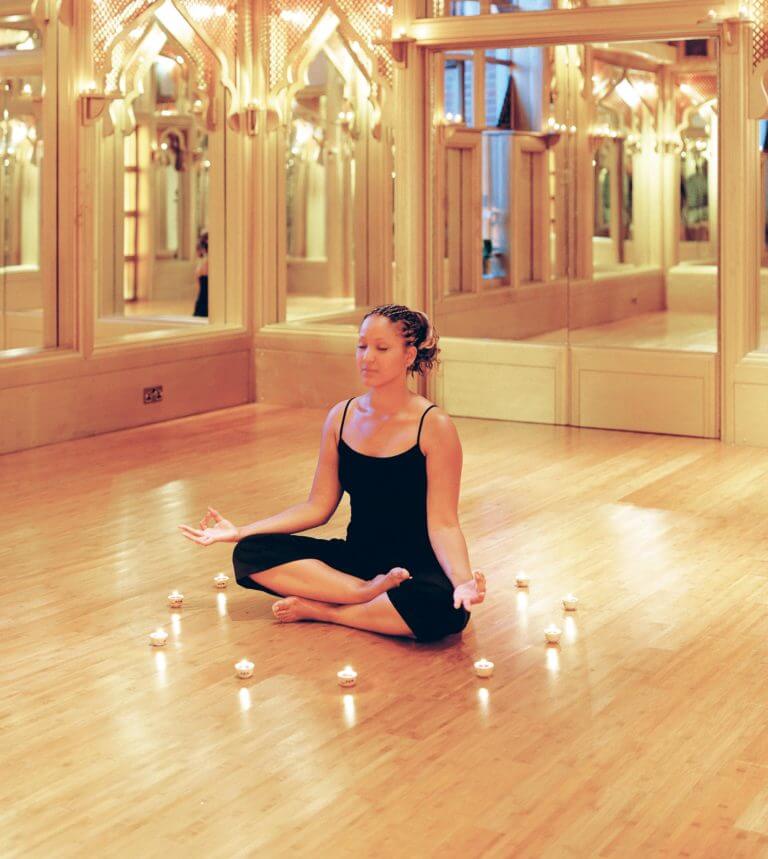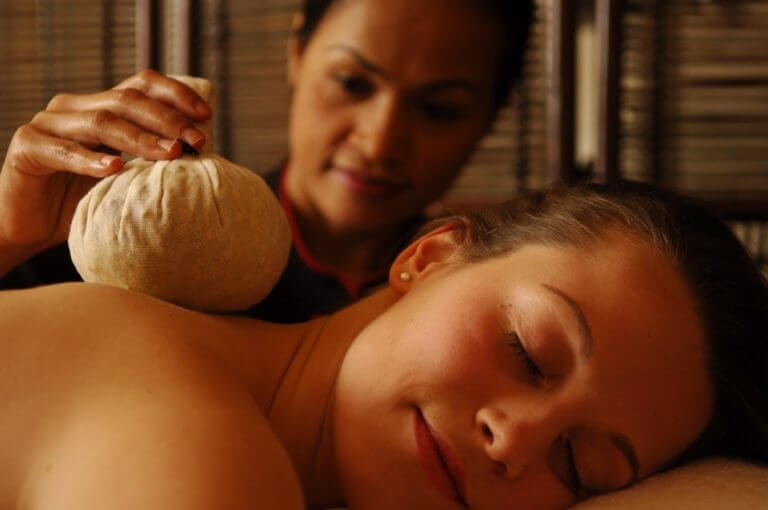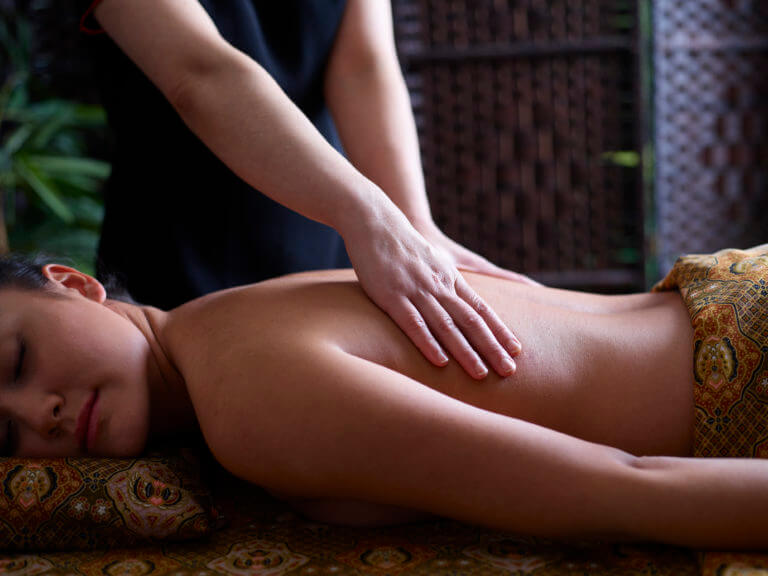5 Ways To Calm The Mind & Body
Stress and anxiety are no doubt a problem in many households at the moment and with April being Stress Awareness Month, there is no better time to ask ourselves the question “Am I stressed?” and if so, “How can I better deal with it?”
What is stress?
We have all experienced stress on some level; it is a part of our biology after all, and it is essentially not a bad thing, we’re talking the flight or fight response, also known as the ‘acute stress response.
When we are faced with a perceived harmful attack or event, it triggers a physiological reaction in our body, this causes our adrenal glands to release the hormones adrenaline and cortisol; adrenaline elevates blood pressure and increases heart rate whilst the cortisol increases the level of glucose (sugars) in the bloodstream; both working to give you that well-needed energy boost so you are able to fight or flight to survive.
Good helpful stress is now bad harmful stress
The ability of our body to give us this natural energy boost and help when we need it most is pretty spectacular but studies have shown that long-term (chronic) stress causes our body to keep producing cortisol, and elevated cortisol levels can bring with them a whole host of physical and mental health issues including anxiety and depression, digestive problems, insomnia, headaches and weight gain.
A study by www.forthwithlife.co.uk revealed that ‘85% of UK adults are experiencing stress regularly, with the most common cause of stress being money, followed by work, health concerns, failure to get enough sleep and household chores.’ It’s no wonder that many of us will be feeling stress levels at an all time high right now with businesses struggling and the fear of ourselves or our loved ones contracting Covid-19.
So what can we do about it?
There are many methods of dealing with stress and we can make changes in our day-to-day lives in order to combat the effects. The study by Forth With Life showed that ‘18 to 24 year olds are more likely to listen to music to relieve their stress, people aged 25 to 34 choose exercise, 35 to 44 year olds opt for television and those over 45 are more likely to go for a walk’.
5 ways to stay calmer and stop stress taking over this April:
Stay active
For many, exercise is a fantastic stress reliever; releasing tension, clearing your mind and giving you a boost of endorphins which are the body’s natural pain medication; serotonin in particular, is known to improve mood and elevate the feeling of wellbeing.
The NHS recommend that: ‘adults aged 19 and over should do at least 150 minutes of moderate-intensity aerobic activity – such as fast walking or Zumba – a week.’
Not only does exercise offer an escape and a chance to calm the mind and think clearly about what is causing our stress, but improved fitness and health also leads to increased self-esteem and confidence which can help to reduce stress anxiety.
Getting out in your garden, breathing fresh air and hearing natural sounds like birds singing is also said to have a hugely advantageous effect on improving our mood too.
Listen to music
Music has long been a favourite stress management tool, in particular, slow, classical music.
It can relax and calm by the lowering heart rate, pulse and blood pressure as well as actively lower the levels of stress hormones.
According to Psychcentral.com “when people are very stressed, there is a tendency to avoid actively listening to music. Perhaps it feels like a waste of time, not helping to achieve anything. But as we know, productivity increases when stress is reduced.”
Like exercise, music can provide a well-needed break or escape away from stressful situations or problems so you can calm down, clear the head and face the problem again feeling more prepared.
There are so many sources of calming music from great classical, calming instrumental or peaceful meditative playlists, so whether you enjoy the radio, YouTube, Spotify or iTunes find a station or playlist that suits you and add some more music to your life. Visit the Careys Manor Spotify profile for relaxation playlists.
Incorporate the natural
Bringing flowers and plants into our lives can help to de-stress, promote sleep and clear our environment of harmful toxins.
The phrase “sleep on it” definitely applies when it comes to stress. The worry that stress can cause, can overwhelm and cause anxiety, which is why sleep is a vital aspect of de-stressing the mind and body. As it allows us to process our thoughts and worries, but if the stress is causing insomnia or difficulty sleeping, we are not getting the important rest we need to clear our minds.
This is where nature comes in, flowers and plants won’t cure insomnia but as part of a calming, stress-free routine they can certainly help. Jasmine, for example, is a flower that is said to have calming properties; its sweet fragrance lessens anxiety and peacefulness and promotes better sleep.
Then there’s the old favourite, Lavender, perhaps a love it or hate it fragrance, but it’s commonly used as an essential oil, whilst its smell has been proven to lower blood pressure and heart rate which in turn helps you to relax. The more relaxed you are the more likely you are to fall into a restful, restorative sleep.
TIP: Lavender can be found in many forms so you can find the best for you. Dab some essential lavender oil on your pillow; keep some dried lavender in a muslin bag beside the bed or burn a lavender candle at bedtime.
Another plant that you might want to incorporate into your life is the Areca Palm. A popular one for homes and offices, it’s not only easy to care for, but it adds moisture to the air as well as cleansing and purifying its surrounding atmosphere of unwanted toxins like formaldehyde, benzene and trichloroethylene, known to cause elevated stress levels and anxiety. Purer air is great for any working environment where stress may result as well as at home for improved sleep.
So with a new love of incorporating more nature into our lives, why not pair this with a calming evening routine that involves switching off from all screens an hour before bedtime and turning on some calming classical music or sounds of nature?
Mindfulness
Mindfulness and meditation are not new concepts but they have certainly become more popular over recent years as a part of a huge movement to fight, deal with and overcome stress in our hectic modern lives.
Many are turning to practices of yoga, mindfulness and meditation to find some calm and it seems to be helping; according to a study published in the journal Psychiatric Research, scientists have shown that ‘an eight week course of mindfulness, involving daily classes, can help lower inflammatory molecules and stress hormones by around 15 per cent.”
Mindfulness meditation is about being in the present moment, focusing on breathing and the now, and not yesterday’s meeting, tonight’s dinner or tomorrow’s deadlines. It takes practice and for some it can be frustrating because it is certainly not a quick fix. This is more about learning how in the long term to separate yourself from the stress and not allow it to take a full hold of your mind and body.
Wellness expert and Spa Director at SenSpa, Lina Lotto, has put together some mini mindfulness exercises to get you into the flow
Time for you
Many of us find it difficult to find time or to justify having a day off when our lives are so busy, but it’s important to understand that self-care isn’t selfish. In fact it’s essential and equips our mind and body with the tools it needs to face difficult situations, maintain a balanced mood. Taking part in an activity simply for enjoyment helps to foster a healthy relationship with yourself. You cannot give to others what you do not give yourself, so weather it’s treating yourself to a massage or rediscovering a hobby, the people around you will also benefit from your renewed energy.
Don’t let the stress win!
There are so many techniques and ways of reducing stress in our lives, some more obvious than others, but until you’ve tried them you just don’t know. Whether you find therapy in drawing, singing, dancing or gyming, the first step is sometimes just to try something different.
For more health and wellness tips, take a look at ‘SenSpa Together‘ a collection of wellness resources from our spa experts to help you on your journey to health and happiness.
